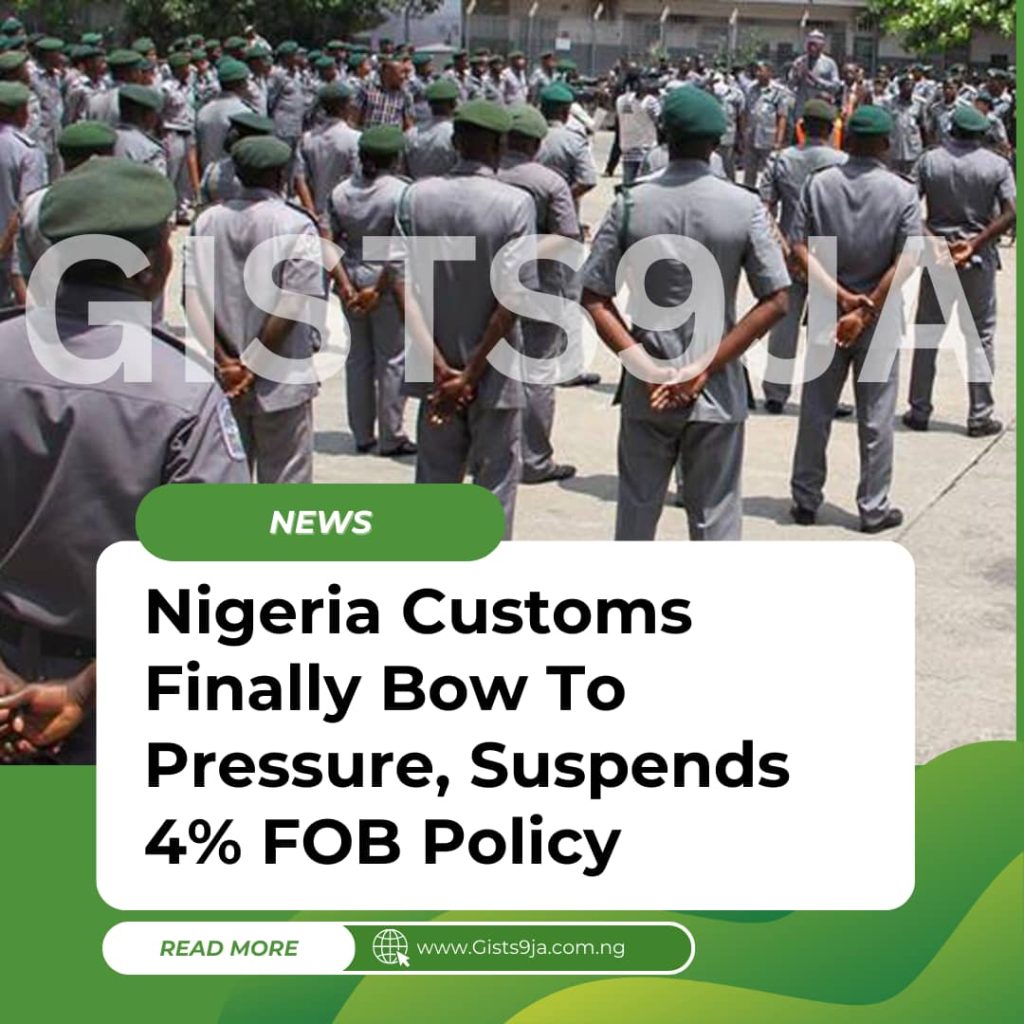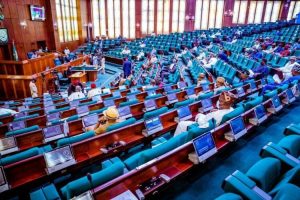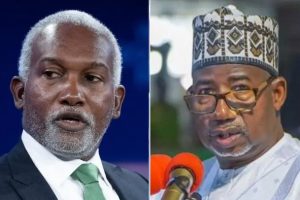
The Nigeria Customs Service (NCS) has announced the suspension of the 4% fee based on the Free On-Board (FOB) value of imports, following widespread concerns from stakeholders and industry experts.
The decision was made public in a statement issued in Abuja on Tuesday by the Customs National Public Relations Officer, Abdullahi Maiwada. According to Maiwada, the suspension allows for broader consultations with relevant parties, including the Minister of Finance and Coordinating Minister of the Economy, Olawale Edun.
Reason for the Suspension
Maiwada emphasized that the temporary halt will provide room for further discussions to refine the implementation framework.
*”The Nigeria Customs Service hereby announces the suspension of the implementation of the 4% Free-On-Board (FOB) value charge on imports as provided in Section 18(1)(a) of the Nigeria Customs Service Act 2023.
This decision follows ongoing consultations with the Minister of Finance and other stakeholders to ensure a well-structured approach to implementing the policy,”* the statement read.
Background: The 4% FOB Import Fee Announcement
Just last Wednesday, the NCS had introduced the 4% import charge, citing its alignment with the provisions of the Nigeria Customs Service Act (NCSA) 2023. Under Section 18(1) of the Act, the FOB charge is calculated based on the total value of imported goods, which includes the cost of the items and transportation expenses up to the loading port.
The policy was aimed at boosting revenue for Customs operations, but it was met with strong criticism from stakeholders, who described it as an additional burden on businesses already struggling with tough economic conditions.
Criticism and Calls for Suspension
Among the notable critics of the policy was former Senate President Bukola Saraki, who openly condemned the move, urging the federal government to reconsider.
Saraki argued that the new charge would further strain businesses, many of which are already facing closures due to harsh economic conditions.
“This additional fee is unnecessary at a time when many businesses are shutting down due to unfavorable policies. Importers and business owners will eventually pass this cost down to consumers, worsening the economic situation for Nigerian households already struggling to survive,” he warned.
What’s Next?
The suspension of the 4% FOB import charge signals a willingness by the Customs Service and the federal government to listen to concerns from the business community. However, the fate of the policy remains uncertain, as further consultations will determine whether it will be modified, delayed, or scrapped altogether.
Stakeholders are now awaiting the outcome of discussions between the Nigeria Customs Service, the Finance Ministry, and other key players to see if a more balanced approach can be achieved without negatively impacting businesses and consumers.





